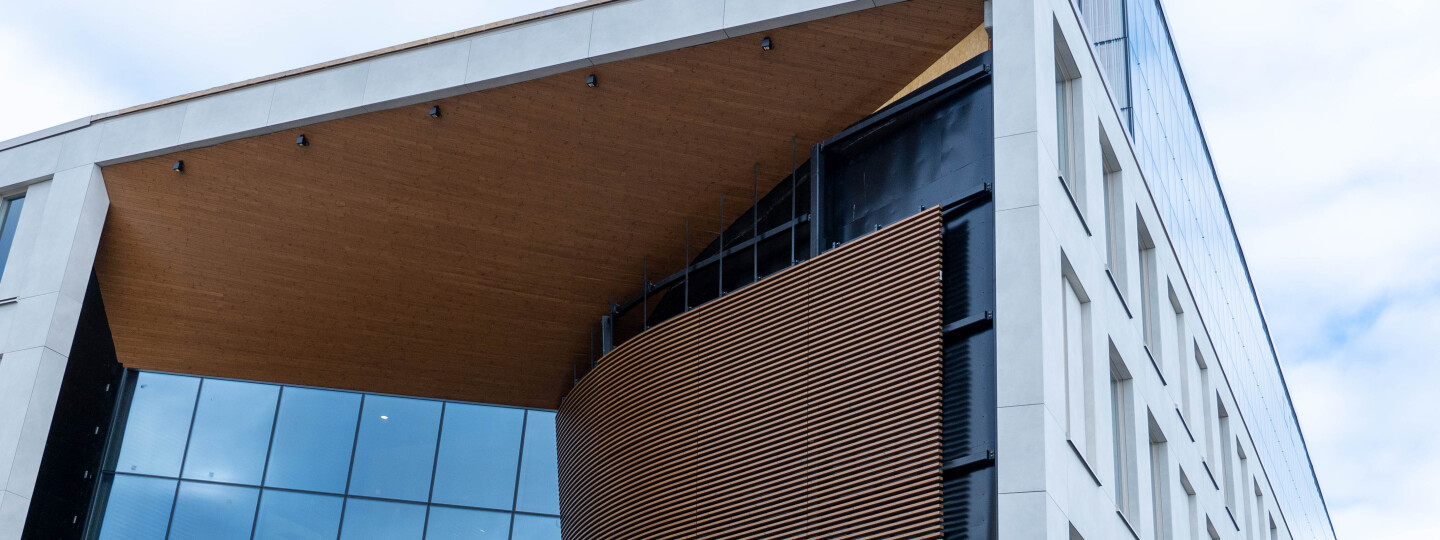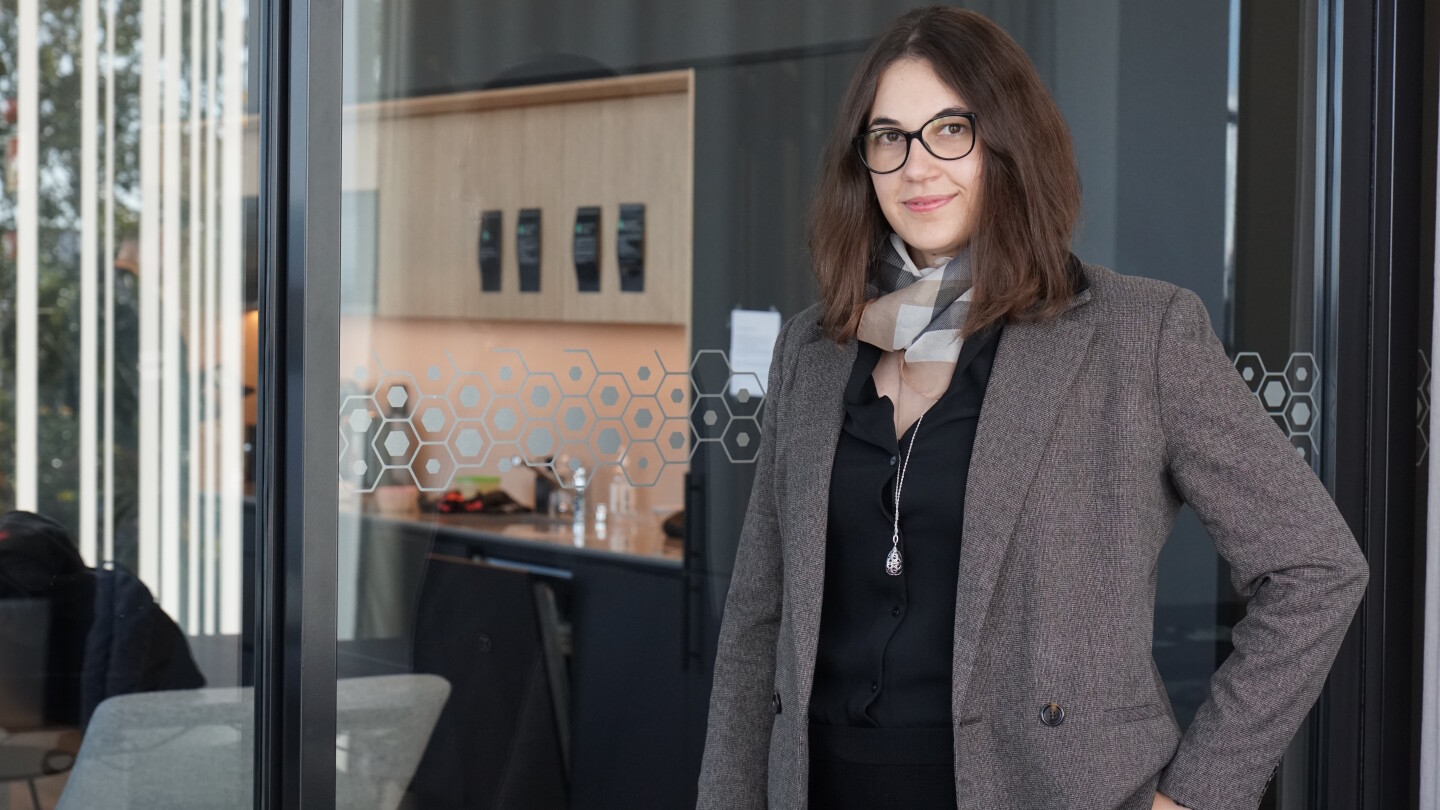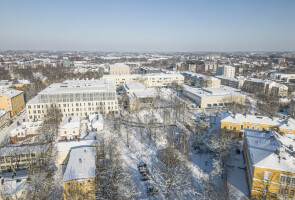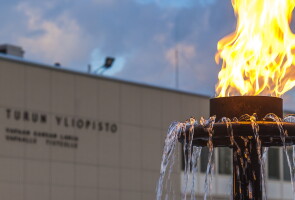Jovana V. Milić, starting as an Associate Professor at the Department of Chemistry of the University of Turku, has received esteemed research funding from the European Research Council (ERC). Milić received the funding for a project that aims to develop a new generation of smart and environmentally friendly materials, such as for more effective use of solar energy in photovoltaics and brain-inspired computing.
The European Research Council (ERC) granted Milić the Starting Grant, which is one of the most competitive fundings in Europe. The ERC Starting Grant is a grant of €1.5 million for funding scientific research of extremely high quality. The five-year funding is granted to a top researcher at an early stage of their career. In addition to the Starting Grant, the ERC also granted Milić €0.5 million in extra funding for equipment.
Milić will start as an Associate Professor at the Department of Chemistry of the University of Turku in September 2024, when the project that received the ERC funding will also begin. In her research, Milić aims to develop a new generation of smart and environmentally friendly materials that could be used, for example, in solar cells and more energy-efficient memory elements that mimic the operation of the brain.
“When it comes to solar cells, my goal is to develop materials that adapt to natural light. With the help of smart materials, solar cells could adapt to day-night cycles, making them more durable,” explains Milić.
A key feature of Milić’s project is that the materials are adaptive and environmentally sustainable. She is interested in hybrid organic-inorganic materials and, in particular, stimuli-responsive materials, such as molecular switches and machines relevant to biological systems, yet unexploited in modern technologies.
“Nature is an important source of inspiration for me. In nature, there are various processes that we could model with smart and environmentally friendly technologies of the future,” says Milić.
During the past years, so-called hybrid halide perovskite materials have provided opportunities to revolutionise modern optoelectronic technologies, including solar cells. However, these materials face two critical problems: they are unstable under operating conditions, including light, and contain toxic lead-based materials. Milić’s research aims to solve these problems while opening an entirely new path for these materials to serve as scaffolds for stimuli-responsive molecular systems in smart nanotechnologies.
In addition to solar cells, Milić is focused on more energy-efficient memories with the aim to provide new possibilities for memory elements that mimic the human brain in so-called neuromorphic computing. The synergy between these technologies can also provide the opportunity for self-powered computing systems and even artificial neuromuscular junctions of interest to soft robotics.
“I believe this research will reveal new horizons that we cannot even anticipate yet, as this approach has not been previously explored. Fundamental understanding of these new materials and processes is the main focus of our work, which may nonetheless open exciting technological perspectives,” notes Milić.
At the University of Turku, Milić joins the Sustainable Materials and Manufacturing (SUSMAT) research consortium that is focused on the data-based development of new materials and production methods to solve global challenges related to energy, well-being, and industry. The Finnish Research Council has granted the Profi 7 funding that supports research profiling of universities to the research consortium for 2023–2028. Moreover, Milić has recently secured additional funding from the Research Council of Finland to use other innovative supramolecular strategies in the development of more sustainable photovoltaics.






